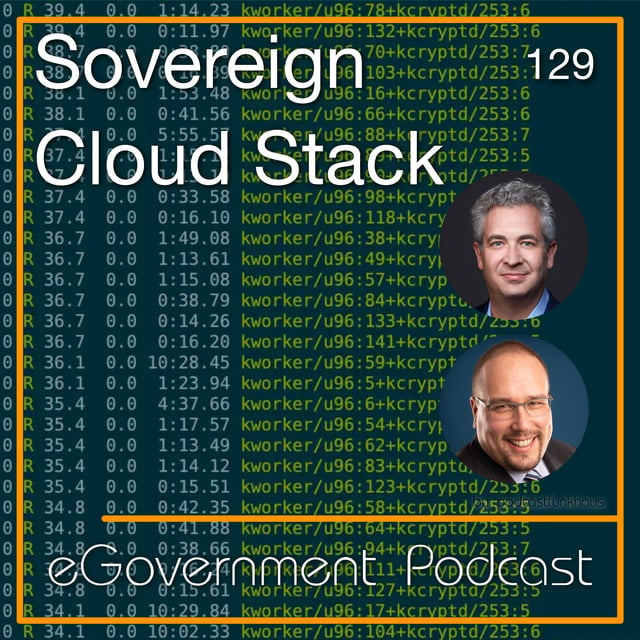In recent years, the concept of the national cloud has come forth as a significant advancement in the landscape of cloud computing. With organizations and governments more and more acknowledge the importance of data sovereignty, the demand for cloud services that comply with local laws and safeguard sensitive data has come to the forefront. The emergence of the national cloud is not just a technological change; it represents a wider understanding of privacy, safety, and public interests in our digital age.
Amidst the increasing awareness of data leaks and privacy concerns, countries are rethinking their cloud approaches to ensure that data generated within their borders stays protected and under local jurisdiction. This new paradigm offers an chance for businesses to back national interests while also delivering the agility and expandability that cloud solutions provide. Grasping the sovereign cloud is essential for organizations looking to maneuver through this changing landscape, as it impacts everything from compliance to creativity in how data is managed and used.
Outlining Local Cloud
Local cloud refers to computing solutions services that are comply with legal, regulatory, and data sovereignty requirements specific to a specific nation or territory. Such an approach ensures that information stays inside national limits and is governed by local laws. As countries contend with concerns about security, the safeguarding of data, and economic autonomy, sovereign cloud frameworks become critical to ensuring oversight of vulnerable data.
The increase of national cloud solutions is motivated by escalating geopolitical issues and security incidents that have increased concerns regarding privacy matters. Organizations are more aware of where their data is held and handled, creating a call for cloud services that strictly comply with regional guidelines. This transition is especially important for sectors such as financial services, health services, and government, in which compliance with regulations and the accuracy of data are critical.
Local computing may also foster creativity by supporting domestic enterprises and promoting investments in national technology infrastructure. By favoring domestic capabilities, governments can boost their national economy, create employment opportunities, and make certain that critical information remains protected and accessible within country boundaries. This focus on national control not only safeguards sensitive information but also builds confidence between service providers and their clients.
Principal Benefits of National Cloud

Local cloud solutions offer superior data security and regulatory adherence, tackling the growing concerns around data sovereignty. Firms can manage and process sensitive data inside geographic borders, ensuring conformity to local regulations and safeguarding against unauthorized access. This proximity approach provides peace of mind, particularly for fields such as finance, healthcare, and government, where data security is paramount.
One more significant advantage of national cloud is enhanced performance and latency. By hosting resources closer to users and end-users, businesses can benefit from faster response times and a superior overall experience. This is especially important in scenarios where real-time data processing is critical, allowing organizations to enhance their operational effectiveness and adaptability to market demands.
In conclusion, local cloud promotes enhanced control and ownership over IT resources. Organizations can tailor their cloud environments to meet specific organizational goals without compromises often linked to global cloud providers. This level of customization empowers firms to create, respond, and grow while maintaining total management of their infrastructure and data management practices.
Issues and Aspects
As the sovereign cloud model increases popularity, organizations must navigate several obstacles. One major worry is conformance with local regulations and data sovereignty regulations. Different countries have distinct needs regarding data management and hosting, hindering the implementation of cloud offerings across countries. Organizations need to confirm their cloud plan complies with these laws to avoid hefty monetary penalties and legal issues.
Another consideration is the potential for increased costs associated with establishing and operating sovereign clouds. While these options offer enhanced control over data, they often require considerable spending in infrastructure and funds. hostino.ma need to consider whether the advantages of data localization and control balance the greater expenditures, particularly for organizations with smaller budgets or reduced operations.
Finally, there is the technological challenge of merging sovereign cloud solutions with existing IT environments. Many organizations are still using legacy systems that may not readily transition to a cloud-based infrastructure. Ensuring interoperability and efficient migration can be time-consuming and complicated, necessitating a carefully planned strategy and trained personnel to oversee the transition effectively.
